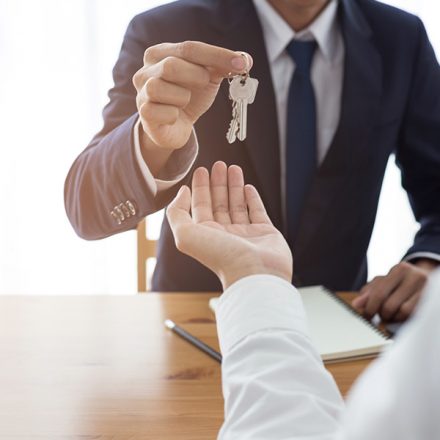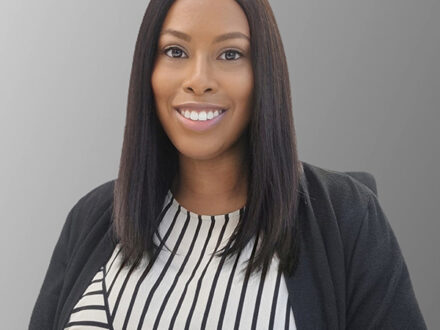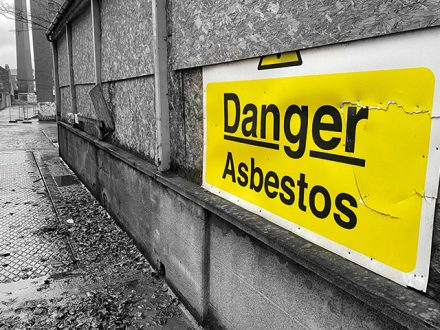Buying Box
Our highly skilled residential property lawyers are able to offer the very best advice on a wide range of residential property matters when making a property purchase.
We provide advice on all the intricacies of house purchase to the first-time buyer and those already established on the property ladder. We can help you to deal with everything from deciding which survey to choose to environmental issues and other concerns you may have before making such an important move. We can help with your house viewing checklist
To help you understand the basics here are a few frequently asked questions, within our House buying guide, which helps provide a clear Conveyancing guide:
You need to contact us and your proposed mortgage lender at the earliest opportunity. Your application for a mortgage should be made as soon as possible and you should pay any survey or valuation fee your lender may ask for. We will contact the seller’s lawyers and request a contract and the usual paperwork. We will also arrange standard searches required by your lender.
Most people want to move out of their existing property into their new property on the same day. We will help to synchronise your sale and purchase. We will need to keep your buyer’s lawyers and seller’s lawyers informed of how the other matter is progressing and negotiate appropriate dates with them.
Property chains explained
To avoid the risk and cost of owning two properties people usually decide to buy and sell simultaneously. A number of linked transactions therefore often arise, each dependent on the other and exchange of contracts must take place at the same time in all transactions meaning that the speed of the transaction is dictated by the slowest link in the chain. Until that time, either party may withdraw.
When you are buying a property you must sign your purchase contract, and the mortgage deed. We will ask you to come to see us to sign all your papers. Mortgage deeds usually have to be signed in the presence of a lawyer. We will also ask you to bring some form of identification, eg. your passport, as mortgage lenders require that we check your ID on their behalf.
Once contracts are exchanged a legally binding agreement arises and neither party should back out. There are remedies if a party does not complete. Thankfully, this rarely occurs but if it does, you have the reassurance of knowing that we have the expertise to be able to deal with any problems that might arise.
Exchange of contracts means the stage at which the transaction becomes binding. Until that time, either party may withdraw. The buyer pays a deposit, usually of 10% of the price, but it can sometimes be less if you are obtaining a mortgage of more than 90% of the price. On exchange of contracts the completion date (moving date) is confirmed and cannot be altered. Contracts are exchanged between lawyers on the telephone. You do not need to be present for us to exchange contracts.
Each transaction is different but the national average is 6-10 weeks. The time taken is often determined by the number of parties in a chain. We will try so far as we are able to proceed quickly although this is dependant upon other parties in the chain being able to proceed quickly also.
Gazumping is where a seller accepts a higher offer from another buyer before contracts are exchanged. There is little that can be done to prevent a seller from gazumping although a lock out agreement can sometimes help to prevent this from happening. This will involve additional costs but if you require this please let us know.
It is a set of standard enquiries that your lawyer raises with the local authority. It relates solely to the property itself, but would not, for example, reveal proposals to develop or extend neighbouring land or property. The local authority charges a fee which we pay from the money paid on account by you.
If you are taking out a mortgage your lender will require a valuation but this is not a survey and it is for the lender’s benefit not yours. It is always sensible to have your own independent full survey. This can be a full structural survey or (more usually) a homebuyers report. We can discuss the options with you. Click here to view the RICS website.
A contract usually provides for you to insure the property on exchange of contracts. It pays to shop around for buildings insurance and not to just take out a policy with your lender.
Not always. Although the contract provides for 10% of the purchase price to be paid on exchange, sellers often agree a lower deposit. This is a matter for agreement between the parties. You can usually use any deposit you receive on a sale as part payment of your deposit on the purchase. We
can advise you on the best way of minimising your deposit.
There are sometimes restrictions in the title deeds (or lease if appropriate) which prevent extensions or require the consent of another owner. Some extensions require local authority planning permissions and approval under the building regulations. Some areas are designated conservation areas and special planning restrictions apply which often prevent or affect extensions. You should check these things with a surveyor before you commit yourself to a purchase. For an overview of whether consent might be required click here.
This is where the seller offers the property to more than one buyer, usually on the basis that the first to exchange contracts will get the property. If more than one contract is issued the seller has a duty to tell all parties that this is the case. If you lose out on a contract race you cannot claim your expenses or costs from the seller.
This is because all lawyers are required to check the identity of their clients to protect themselves against mortgage fraud or money laundering.













